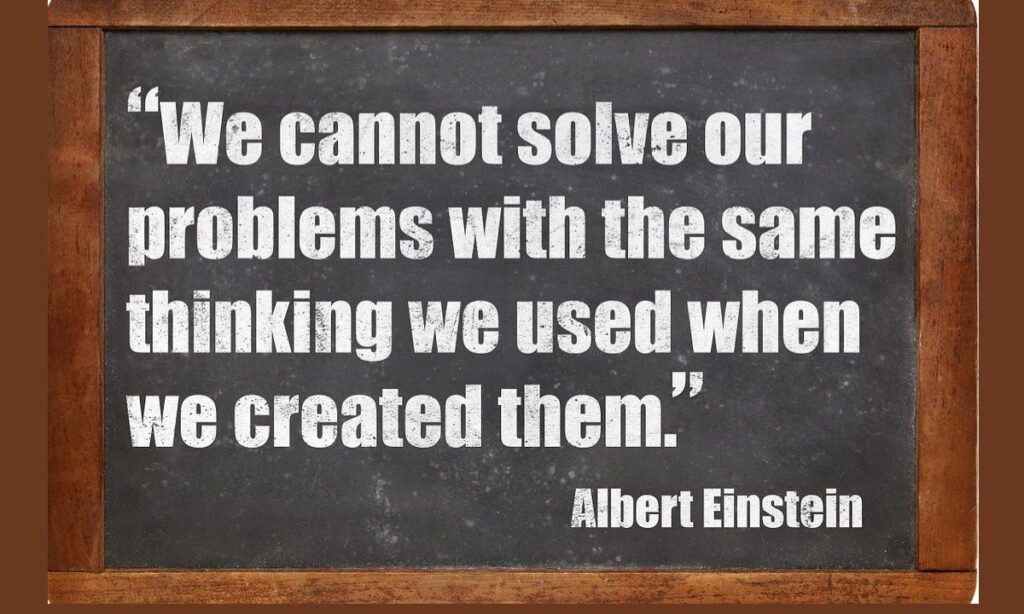Effective communication is critical in professional settings, and the language used in emails plays a significant role in setting the right tone. While “unfortunately” is commonly used to convey regret or bad news, it may come across as overly negative or repetitive.
By choosing more empathetic and professional alternatives, you can deliver sensitive information in a way that is both respectful and constructive. In today’s fast-paced business world, the ability to convey disappointment or setbacks while maintaining a positive outlook is a valuable skill.
It not only reflects your professionalism but also helps in maintaining positive relationships with colleagues, clients, or customers. Rather than sounding overly apologetic or defeated, alternative phrases can communicate the same message with a more solution-oriented approach.
These alternatives help to soften the impact of bad news and encourage collaboration. Using a variety of expressions can also prevent your emails from sounding monotonous or formulaic, thus making your communication more engaging.
This article explores 20 alternative phrases to “unfortunately,” offers guidance on when and how to use them, and provides insights into crafting polite, professional emails. By the end, you’ll have a toolkit of expressions to elevate your communication skills.
Adapting these alternatives into your professional correspondence will not only improve your email etiquette but also foster better relationships with your readers.
1. Regrettably
This word conveys regret or sorrow about an unavoidable situation.
Example:
- Regrettably, we cannot accommodate your request due to resource limitations.
Use “regrettably” to express formal regret while maintaining a professional tone.
2. I’m afraid
This phrase softens the delivery of bad news and shows empathy.
Example:
- I’m afraid we cannot deliver the project by the proposed deadline.
Ideal for situations where empathy is needed without sounding overly formal.
3. With regret
Similar to “regrettably,” this phrase expresses sorrow in a more direct manner.
Example:
- With regret, we must decline your application for the position.
Best suited for formal messages requiring clarity and respect.
4. Sadly
This word conveys disappointment while maintaining a conversational tone.
Example:
- Sadly, we will not be able to attend the conference this year.
Use “sadly” for a balanced mix of formality and empathy.
5. It is with great reluctance
This phrase emphasizes that a decision was made unwillingly.
Example:
- It is with great reluctance that we must discontinue our partnership.
Perfect for sensitive situations requiring a formal and respectful tone.
6. Due to unforeseen circumstances
This phrase explains that an unexpected event has caused a change of plans.
Example:
- Due to unforeseen circumstances, the event has been rescheduled.
Use this for situations involving external or uncontrollable factors.
7. As it turns out
This phrase introduces unexpected or disappointing information in a conversational tone.
Example:
- As it turns out, we cannot accommodate your request at this time.
Great for informal but professional messages.
8. It is unfortunate
This phrase directly states that something is regrettable.
Example:
- It is unfortunate that we were unable to meet your expectations.
Use this for direct but professional communication.
9. To my dismay
This phrase expresses personal disappointment.
Example:
- To my dismay, the negotiations did not yield the desired outcome.
Ideal for conveying disappointment while maintaining professionalism.
10. I regret to inform you
A formal way of delivering bad news.
Example:
- I regret to inform you that your proposal was not selected.
Suitable for official announcements and formal correspondence.
read this blog https://qavasaki.com/mastering-the-art-of-professional-communication/
11. It is with a heavy heart
This phrase conveys emotional weight.
Example:
- It is with a heavy heart that we announce the closure of our branch.
Best for emotionally sensitive situations.
12. I must apologize
A straightforward way to express sorrow or acknowledge a mistake.
Example:
- I must apologize for the inconvenience caused by the delay.
Use this to take accountability in a polite manner.
13. It is a pity
This phrase expresses regret in a casual tone.
Example:
- It is a pity that we cannot join the event due to prior commitments.
Good for less formal situations.
14. Unfortunately, this is beyond our control
This phrase emphasizes that the issue is not within the speaker’s influence.
Example:
- Unfortunately, this is beyond our control due to external regulations.
Use this to explain unavoidable issues caused by external factors.
15. I’m sorry to say
A more personal way to deliver disappointing news.
Example:
- I’m sorry to say that we cannot approve your budget request.
Ideal for balancing empathy with professionalism.
16. It is regrettable
This phrase conveys formal disappointment.
Example:
- It is regrettable that we must decline your offer.
Use this for formal and respectful communication.
17. We apologize for any inconvenience
A standard phrase to express regret over a problem.
Example:
- We apologize for any inconvenience caused by the service disruption.
Commonly used in customer service contexts.
18. It is disappointing
This phrase expresses dissatisfaction with an outcome.
Example:
- It is disappointing that we could not move forward with your proposal.
Use this to convey a letdown in a professional tone.
19. Sadly, we cannot

A direct way to communicate inability to meet a request.
Example:
- Sadly, we cannot accommodate your sponsorship request this year.
Great for straightforward yet empathetic communication.
20. It is unfortunate that we have to decline
This phrase conveys a polite rejection.
Example:
- It is unfortunate that we have to decline your bid due to pricing concerns.
Use this for formal refusals.
FAQs
1. What are formal alternatives to saying “unfortunately” in an email?
Formal alternatives include “regrettably,” “with regret,” and “it is with great reluctance.” These phrases convey professionalism while maintaining empathy.
2. When should I avoid using “unfortunately” in a formal email?
Avoid using “unfortunately” if it might sound overly negative or repetitive. Instead, reframe the statement with phrases like “due to unforeseen circumstances.”
3. How can I soften the impact of “unfortunately” in my email tone?
To soften the impact, pair “unfortunately” with a positive solution or follow it with empathetic language. For example, “Unfortunately, we cannot proceed, but we are open to discussing future opportunities.”
4. Are there industry-specific alternatives to “unfortunately”?
Yes. In legal contexts, use “with regret” or “it is regrettable.” In customer service, try “we apologize for any inconvenience” or “this is beyond our control.”
5. What’s the best way to convey bad news without using “unfortunately”?
Use neutral or indirect language, such as “due to recent developments” or “given the current circumstances,” to maintain professionalism while avoiding negativity.
Conclusion
In professional communication, the words you choose significantly impact how your message is received. Alternatives to unfortunately, such as “regrettably with regret,or “we apologize for any inconvenience, help you maintain empathy and professionalism.
These words are essential tools when conveying difficult news in a considerate way. By using such phrasing, you demonstrate respect for the recipient’s feelings while also conveying your message clearly.
Thoughtful phrasing ensures your message aligns with the recipient’s expectations and fosters clarity and understanding. It’s important to adapt your tone based on the context and your relationship with the audience.
By incorporating these alternatives, you can deliver difficult news respectfully while enhancing your communication skills. Mastering this approach reflects your professionalism and commitment to effective, courteous communication.
It allows you to navigate sensitive topics while minimizing misunderstandings. Ultimately, strong communication skills can set you apart in the workplace,
helping you build better relationships with colleagues, clients, and partners. Your ability to express regret or sorrow tactfully showcases your emotional intelligence and reinforces trust in your communication.
fore more detalies visit qavasaki

David is a seasoned SEO expert with a passion for content writing, keyword research, and web development. He combines technical expertise with creative strategies to deliver exceptional digital solutions.












